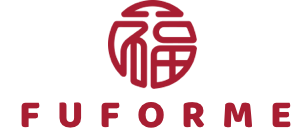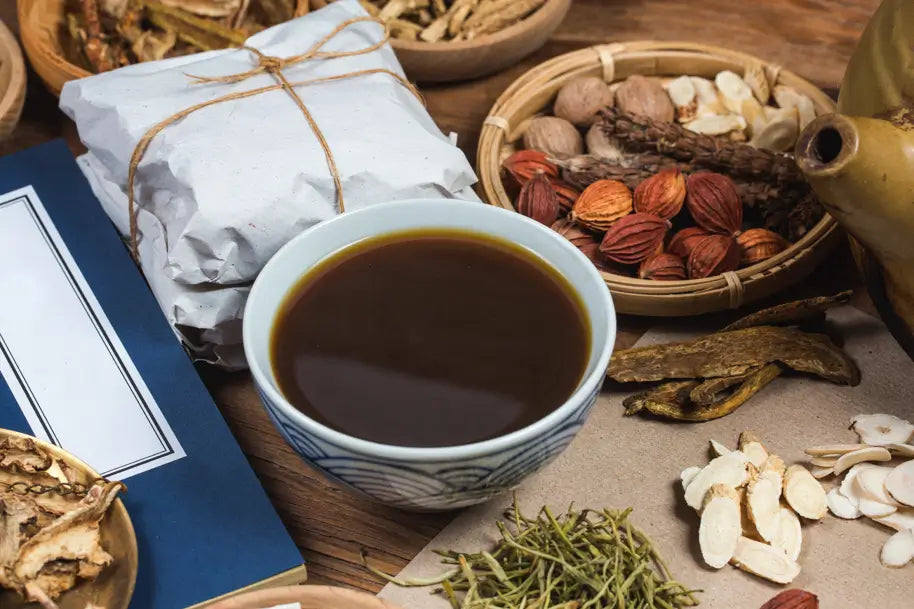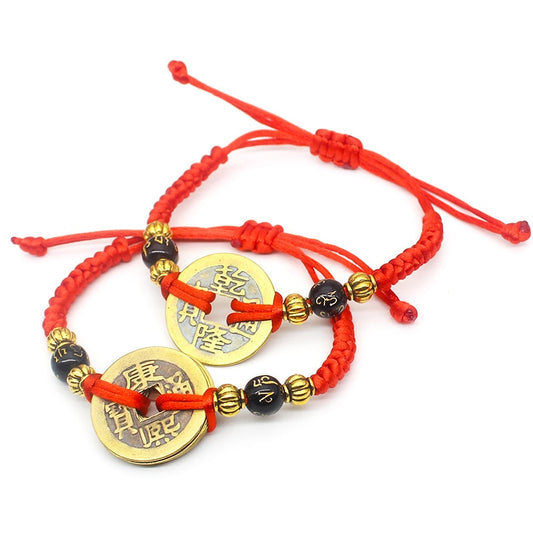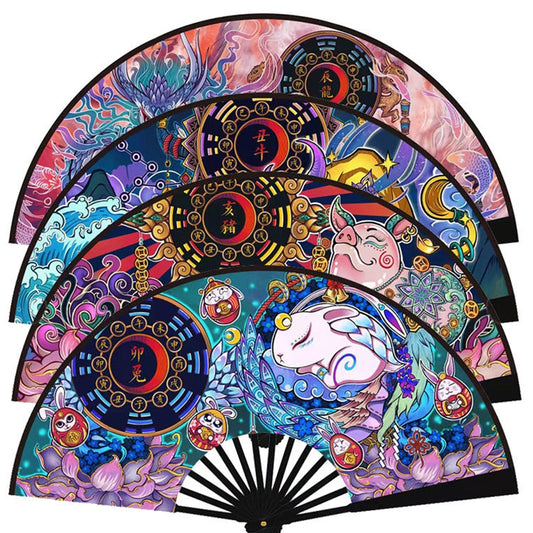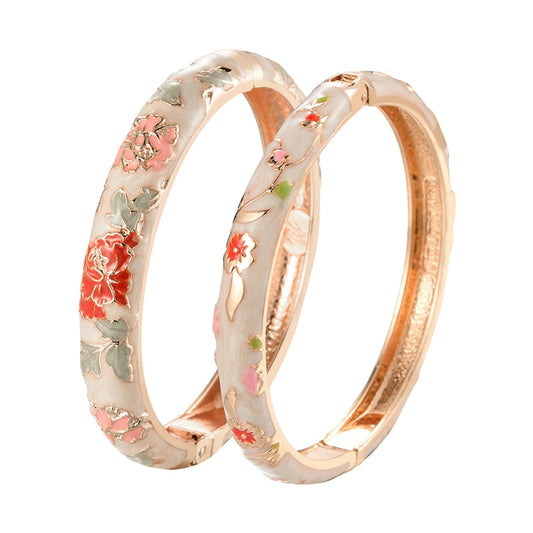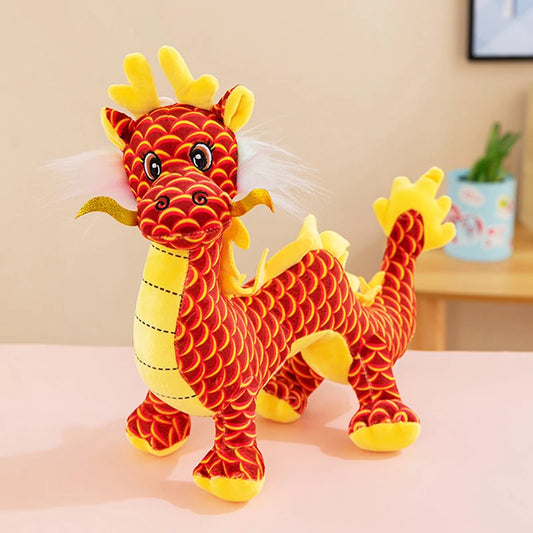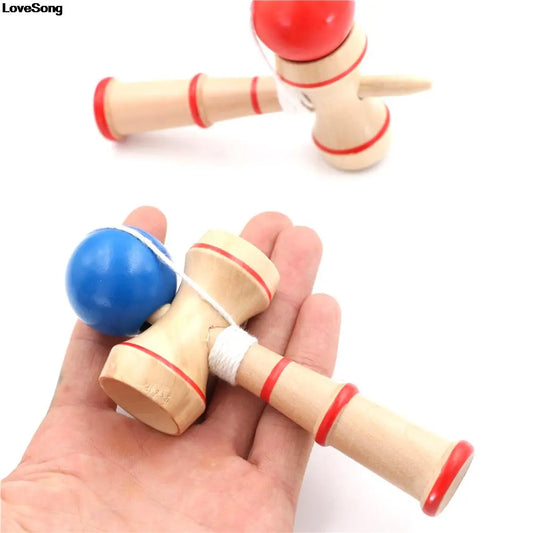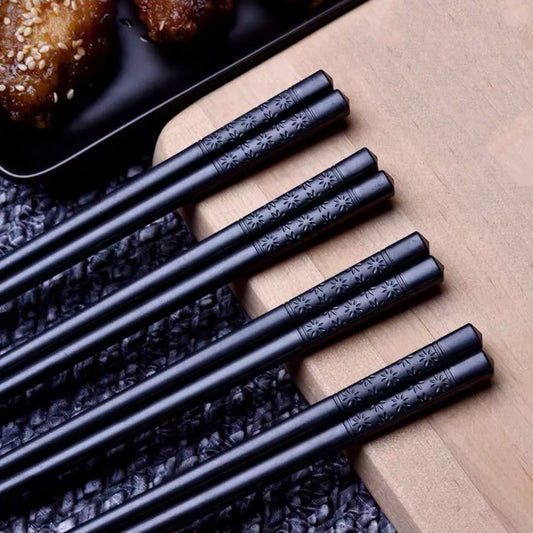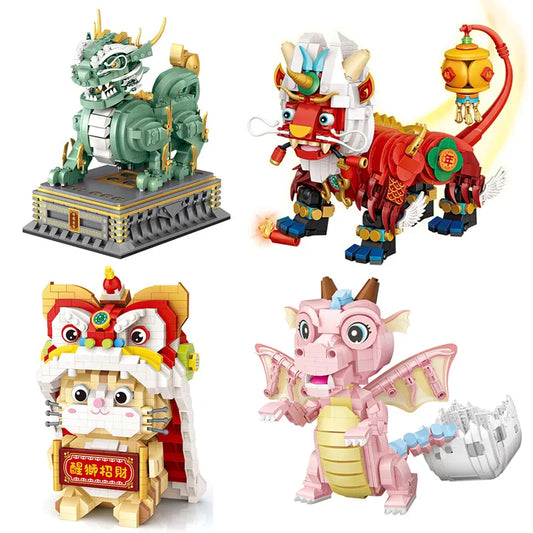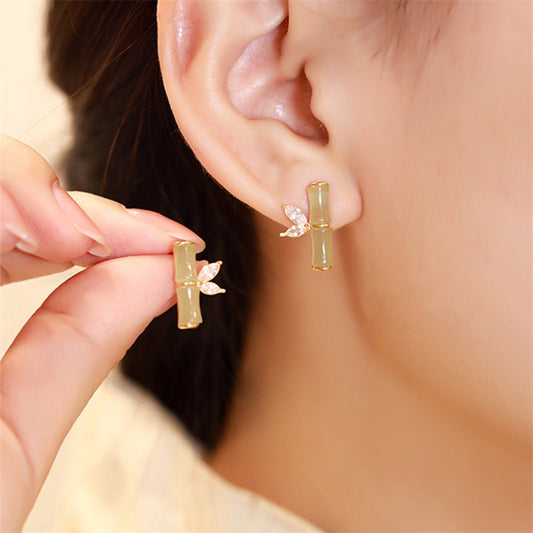Ever wondered why your Chinese grandmother always has the perfect remedy for everything? Welcome to Traditional Chinese Medicine (TCM) – the 3,000-year-old health system that's been keeping people healthy way before anyone knew what a vitamin was.
TCM isn't just about sticking needles in people (though that's pretty cool too). It's a whole different way of thinking about your body and health. Instead of waiting until you're sick to fix things, TCM is all about keeping you balanced and healthy in the first place.
Think of it like this: Western medicine is like calling a mechanic when your car breaks down. TCM is like regular maintenance to keep your car running smoothly forever. Both have their place, but wouldn't you rather avoid the breakdown?
What Makes TCM Different?
Here's the thing – TCM doesn't just look at your symptoms. It looks at YOU as a whole person. Feeling tired? A Western doctor might check your iron levels. A TCM practitioner will ask about your sleep, stress, digestion, emotions, and probably what you had for breakfast.
It's like the difference between fixing a leaky pipe and understanding your whole plumbing system. TCM wants to know why that pipe started leaking in the first place.
The Mind-Body Connection (It's Real!)
TCM figured out thousands of years ago what science is just catching up to now – your mind and body are connected. Shocking, right?
When you're stressed, your stomach hurts. When you're sad, your chest feels tight. TCM has been saying "we told you so" for centuries.

Understanding Qi: Your Body's Energy System
Let's talk about Qi (pronounced "chee"). No, it's not some mystical force from Star Wars. Think of Qi as your body's energy or life force. It's what keeps you going, like the electricity in your house.
When your Qi is flowing smoothly, you feel great. When it gets blocked or runs low, you feel like garbage. Simple as that.
What Affects Your Qi?
Your Qi can get messed up by:
• Stress (the modern epidemic) • Poor diet (yes, that daily donut counts) • Lack of sleep (Netflix binges don't count as rest) • Too much sitting (your couch is not your friend) • Negative emotions (holding grudges is exhausting) • Bad weather (even your energy has seasonal depression)
Signs Your Qi Needs Help
|
Good Qi Flow |
Blocked/Low Qi |
|---|---|
|
Steady energy all day |
Tired but wired |
|
Good digestion |
Bloated after meals |
|
Sound sleep |
Tossing and turning |
|
Stable emotions |
Mood swings |
|
Clear thinking |
Brain fog |
|
Strong immunity |
Always catching colds |
Yin and Yang: The Ultimate Balance Act
You've seen the symbol – the black and white swirly thing. But Yin and Yang aren't opposites fighting each other. They're like dance partners, each making the other look good.
Yang is like your energetic friend who: • Loves morning workouts • Talks fast and loud • Always has big plans • Runs hot (literally) • Never sits still
Yin is like your chill friend who: • Prefers evening yoga • Speaks softly and thoughtfully • Enjoys quiet activities • Always feels cold • Loves cozy nights in
We all have both, but most of us are out of balance. Too much Yang? You're stressed, can't sleep, and probably drinking too much coffee. Too much Yin? You're tired, unmotivated, and your metabolism is slower than a sloth.
Finding Your Balance
The goal isn't to be perfectly balanced 24/7 (that's impossible and boring). It's about knowing when you need more of what.
Need more Yang energy? • Get moving in the morning • Eat warming foods (ginger, cinnamon) • Spend time in sunlight • Try energizing activities
Need more Yin energy? • Wind down in the evening • Eat cooling foods (cucumber, mint) • Practice meditation or gentle yoga • Create a calming environment
The Five Elements: Your Personal Operating System
TCM uses five elements to understand how your body works: Wood, Fire, Earth, Metal, and Water. It's like having five different personality types inside you, each with their own job.
Wood Element: The Planner
Organs: Liver and Gallbladder Personality: The organized friend who has color-coded calendars When balanced: Great at planning, flexible, creative When imbalanced: Angry, frustrated, rigid Season: Spring Emotion: Anger (but the productive kind)
Fire Element: The Social Butterfly
Organs: Heart and Small Intestine Personality: The friend who knows everyone at the party When balanced: Joyful, communicative, warm When imbalanced: Anxious, overstimulated, can't focus Season: Summer Emotion: Joy
Earth Element: The Caretaker
Organs: Spleen and Stomach Personality: The friend who always brings snacks When balanced: Nurturing, stable, good digestion When imbalanced: Worrying, overthinking, digestive issues Season: Late summer Emotion: Worry/Pensiveness
Metal Element: The Perfectionist
Organs: Lungs and Large Intestine Personality: The friend with the perfectly organized closet When balanced: Clear thinking, good boundaries, strong immunity When imbalanced: Sad, rigid, frequent colds Season: Autumn Emotion: Grief
Water Element: The Wise One
Organs: Kidneys and Bladder Personality: The friend who gives the best life advice When balanced: Wise, calm, strong willpower When imbalanced: Fearful, exhausted, weak Season: Winter Emotion: Fear

How TCM Doctors Figure Out What's Wrong
TCM diagnosis is like being a detective, but instead of looking for clues at a crime scene, they're looking for clues on your body.
The Four Detective Methods
1. Looking (Observation) Your TCM practitioner will check you out like they're studying for an exam. They're looking at: • Your overall vibe (tired? energetic? stressed?) • Your skin color and texture • How you move and carry yourself • Your tongue (yes, stick it out!)
Tongue diagnosis is wild. Different parts of your tongue correspond to different organs. A red tip might mean heart issues. A thick coating could indicate digestive problems. It's like reading a map of your insides.
2. Listening and Smelling Not as weird as it sounds. They're checking: • How your voice sounds (weak? strong? raspy?) • Your breathing patterns • Any unusual body odors (everyone has them, don't worry)
3. Asking Questions Get ready for the most thorough interview of your life. They'll ask about: • Your sleep patterns • Digestive habits • Energy levels throughout the day • Emotional tendencies • How you react to weather changes • Your menstrual cycle (if applicable)
4. Feeling Your Pulse This isn't just checking if you're alive. TCM pulse diagnosis is an art form. They can feel different qualities in your pulse that tell them about your organ systems. It's like reading your body's text messages.
TCM Treatments: More Than Just Needles
Acupuncture: Strategic Pin Placement
Yes, it involves needles, but they're thinner than your hair. Most people say it feels like a tiny pinch, then nothing. Some even fall asleep during treatment (which is actually a good sign).
What it's good for: • Chronic pain • Stress and anxiety • Insomnia • Digestive issues • Headaches • Fertility support
What to expect: • Initial consultation (lots of questions) • Lying down with tiny needles for 20-30 minutes • Feeling relaxed or energized afterward • Gradual improvement over several sessions
Chinese Herbal Medicine: Nature's Pharmacy
Forget single herbs in bottles. Chinese herbal medicine uses carefully crafted formulas with multiple herbs working together. It's like having a symphony instead of a solo performance.
Common herbs you might recognize: • Ginseng (for energy and vitality) • Ginger (for digestion and warming) • Chrysanthemum (for cooling and eye health) • Licorice root (the harmonizer that makes everything work together)
Forms available: • Traditional teas (taste like... medicine) • Modern pills and capsules (much easier) • Powders you mix with water • Tinctures (liquid extracts)
Tuina Massage: Therapeutic Touch
This isn't your relaxing spa massage. Tuina is therapeutic bodywork that combines massage with acupressure and energy work. Think of it as massage with a purpose.
What makes it different: • Focuses on specific acupuncture points • Uses various techniques (pressing, kneading, rolling) • Addresses energy blockages • Can be gentle or vigorous depending on your needs
Food as Medicine: Eating Your Way to Health
In TCM, food isn't just fuel – it's medicine. Every food has energetic properties that can help balance your body.
Food categories:
|
Warming Foods |
Cooling Foods |
Neutral Foods |
|---|---|---|
|
Ginger, cinnamon |
Cucumber, watermelon |
Rice, chicken |
|
Lamb, beef |
Mint, green tea |
Carrots, potatoes |
|
Garlic, onions |
Tofu, spinach |
Apples, grapes |
Eating tips: • Eat warm, cooked foods for better digestion • Avoid ice-cold drinks with meals • Chew your food properly (revolutionary, right?) • Eat your biggest meal when your digestion is strongest (usually lunch)
Making TCM Work in Your Daily Life
Morning Routine: Start Your Day Right
Wake up gently: No jarring alarms. Try a sunrise alarm clock or gentle music.
Warm water first: Before coffee, drink a glass of warm water. Your digestive system will thank you.
Move your body: Even 5 minutes of stretching gets your Qi flowing.
Eat a real breakfast: Your digestive fire is strongest in the morning. Don't waste it on just coffee.
Throughout the Day: Keep Your Energy Flowing
Take breaks: Sitting all day blocks Qi. Get up and move every hour.
Breathe deeply: When stressed, take 5 deep breaths. It's like hitting the reset button.
Stay hydrated: Room temperature water is best. Ice-cold drinks shock your system.
Eat mindfully: Put down your phone and actually taste your food.
Evening Routine: Wind Down Properly
Dim the lights: Bright lights confuse your body's natural rhythms.
Avoid screens: The blue light messes with your sleep hormones.
Try gentle stretching: Release the day's tension.
Go to bed early: Your body repairs itself best between 10 PM and 2 AM.
Seasonal Living: Working with Nature's Rhythm
Spring: Time to Wake Up
Energy: Rising, expanding, new beginnings Focus: Detox and planning Foods: Green vegetables, sour flavors Activities: Gentle exercise, spring cleaning Common issues: Allergies, irritability, headaches
Summer: Peak Energy Time
Energy: Maximum activity, joy, connection Focus: Heart health and social activities Foods: Cooling foods, bitter flavors Activities: Swimming, socializing, outdoor fun Common issues: Overheating, anxiety, insomnia
Late Summer: Grounding Time
Energy: Centering, stability, nourishment Focus: Digestive health and routine Foods: Sweet flavors (natural ones), yellow foods Activities: Organizing, meal prep, routine building Common issues: Digestive problems, worry, fatigue
Autumn: Letting Go Season
Energy: Contracting, organizing, releasing Focus: Lung health and immunity Foods: White foods, pungent flavors Activities: Decluttering, breathing exercises Common issues: Dry skin, colds, sadness
Winter: Rest and Restore
Energy: Conservation, reflection, deep rest Focus: Kidney health and building reserves Foods: Warming foods, salty flavors Activities: Meditation, gentle exercise, early bedtime Common issues: Low energy, depression, frequent urination
Simple Self-Care Practices You Can Start Today
Acupressure Points for Common Issues
Headaches: Press the webbing between your thumb and index finger for 1-2 minutes.
Stress: Find the point on your wrist, about three finger-widths below your palm. Press gently.
Nausea: Press the point on your inner wrist, about two finger-widths below your palm.
Energy boost: Press the point about four finger-widths below your kneecap, just outside your shinbone.
Breathing Exercises
4-7-8 Breathing for sleep: • Inhale for 4 counts • Hold for 7 counts
• Exhale for 8 counts • Repeat 3-4 times
Box Breathing for stress: • Inhale for 4 counts • Hold for 4 counts • Exhale for 4 counts • Hold empty for 4 counts
Simple Dietary Changes
Morning: Start with warm water and lemon Lunch: Make this your biggest meal Dinner: Keep it light and early Snacks: Choose foods that match the season Drinks: Room temperature or warm is best
Finding the Right TCM Practitioner
What to Look For
Proper credentials: Licensed acupuncturist or TCM doctor Good communication: They should explain things in terms you understand Thorough assessment: Expect a detailed first appointment Realistic expectations: They should be honest about treatment timelines Clean, professional office: Basic hygiene and safety standards
Red Flags to Avoid
• Promises of miracle cures • Pressure to buy expensive supplements • Dismissing your other medical care • Unclean needles or environment • No proper licensing or credentials
Questions to Ask
• What's your training and experience? • How many treatments do you think I'll need? • What should I expect during treatment? • Are there any side effects? • How will we track my progress?
Combining TCM with Modern Medicine
TCM isn't meant to replace your regular doctor. Think of it as adding another tool to your health toolkit. Many people use TCM alongside conventional medicine for the best of both worlds.
Great combinations: • Acupuncture for chemotherapy side effects • Herbal medicine for digestive support • TCM for stress management during medical treatment • Preventive care to avoid future health issues
Always tell both practitioners what you're doing. Some herbs can interact with medications, and your doctors need the full picture to help you best.
Common Myths About TCM (Let's Bust Them)
Myth: "It's all placebo effect" Reality: Thousands of studies show real physiological changes from TCM treatments.
Myth: "It takes forever to work" Reality: Some conditions improve quickly, others take time. Just like regular medicine.
Myth: "It's not scientific" Reality: Modern research is explaining how and why TCM works.
Myth: "It's only for hippies" Reality: Everyone from athletes to executives uses TCM for health optimization.
Myth: "Acupuncture really hurts" Reality: Most people find it relaxing. The needles are hair-thin.
Your TCM Journey Starts Now
Ready to dip your toes into the TCM world? Start small. You don't need to overhaul your entire life overnight.
Week 1: Try drinking warm water in the morning Week 2: Add some seasonal foods to your diet Week 3: Practice one breathing exercise daily Week 4: Book a consultation with a qualified practitioner
Remember, TCM is about balance, not perfection. You don't have to become a meditation master or give up coffee forever. Small, consistent changes add up to big improvements over time.
The ancient Chinese were onto something with this whole "prevention is better than cure" thing. Your future self will thank you for starting this journey today.
Who knows? Maybe you'll become that person who always has the perfect remedy for everything. Your grandmother would be proud.
